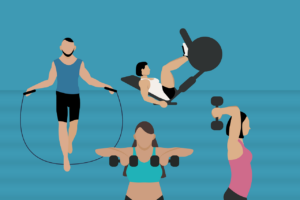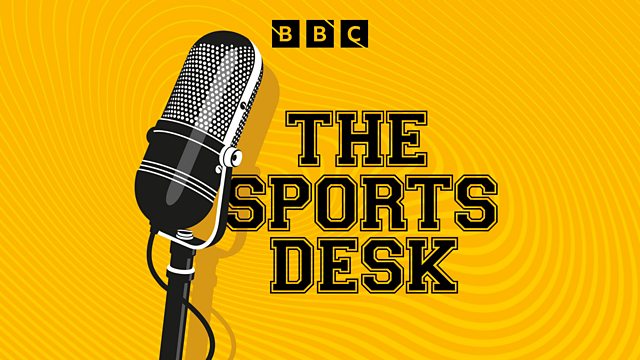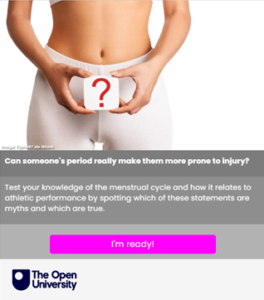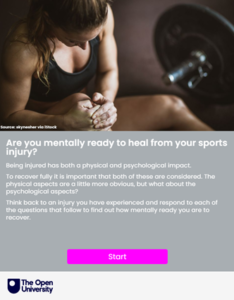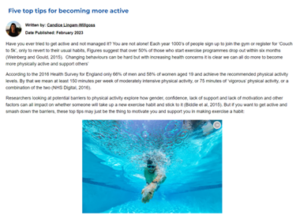Concussion, identity loss, depression: boxing’s toughest opponent isn’t in the ring – it’s mental health
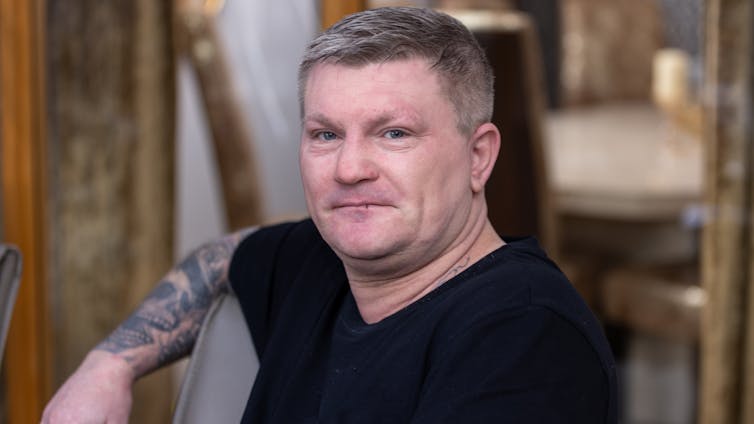
Go My Media/Shutterstock
Helen Owton, The Open University
Ricky Hatton’s death has reignited an all-too-familiar conversation about mental health in sport. Hatton had spoken openly about his long battle with depression, as well as the drug and alcohol addiction that began after his 2007 defeat to Floyd Mayweather.
Research shows that how a boxer thinks – their beliefs about success, identity and failure – can become harmful in the high-stakes context of the sport. The perfectionism and “must-win” mindset mean even a single loss can feel catastrophic.
The constant pressure of “winning at all costs” has negative consequences: for some, losing a fight is not just a professional setback but an identity crisis, laced with shame, guilt and a sense of personal failure.
This danger is especially acute for fighters who rise from humble beginnings to fame and glory. For a boxer, the fear of irrelevance or of being forgotten can trigger depression, anxiety and despair. When vulnerability is seen as weakness, many simply bottle up their emotions, compounding their internal struggle.
Hatton himself acknowledged in 2020 that mental-health problems are widespread in boxing. The sport is brutal by design, subjecting fighters to repeated blunt-force trauma to the head and body. Traumatic brain injury (TBI) is an accepted risk.
This trauma has been linked to a wide range of acute, subacute and chronic neurological and psychological complications, such as concussion, post-concussion syndrome (when the symptoms of a concussion don’t fade after the usual recovery period but linger for months or even longer), depression, anxiety, cognitive decline and movement disorders, and in some tragic cases even death in the ring.
Repetitive TBI is associated with chronic traumatic encephalopathy (CTE), a progressive disease once colloquially known as “being punch drunk”. CTE affects memory, mood and behaviour and is among boxing’s most severe long-term health risks.
While head trauma is a physical injury, its impact on mental health is profound. Damage to the brain can impair emotional regulation, increase impulsivity and heighten vulnerability to depression and suicidal thoughts. Yet for all this risk, boxing offers very few long-term support systems – something Hatton himself criticised.
Outside the ring, boxers face other pressures that rarely make headlines. The extreme weight cuts required for competition can alter brain chemistry and destabilise mood. The punishing solitude of training camps and the stress of maintaining a public persona feed into chronic stress.
Then there is the challenge of early retirement. Most athletes have a short competitive life, often retiring in their thirties – a transition many struggle with. Instead of relief, retirement can be a rupture: daily structure disappears, the roar of the crowd fades and with it the sense of purpose, identity and belonging.
With their athletic identities tied so closely to performance and public image, stepping away can feel like vanishing. Many athletes retire without financial security, career direction or a support network, leaving them exposed to loneliness and psychological decline.
Boxing has long offered a ladder out of working-class hardship to fame, fortune and respect. Hatton, like Tyson Fury and Frank Bruno, rose from humble beginnings to become a world champion and national hero.
But the climb from gritty local gyms to Las Vegas spotlights can be steep – and the fall steeper still. The gulf between where fighters start and where they end up can create a deep sense of dislocation. For working-class athletes, the pressure to stay strong, stoic and successful, even when struggling inside, can be overwhelming.
This is intensified by boxing’s enduring culture of hyper-masculinity. The “show no weakness” mentality may breed champions in the ring, but it can be deadly outside it. The sport’s traditional ethos – resilience, toughness, silence – often prevents fighters from seeking help. The stigma around mental health means many endure private battles in silence, where loneliness prevails.
The sport teaches resilience, emotional control, body awareness, the physical self-control that comes from disciplined training, mental focus and self-belief. For some, boxing gyms are sanctuaries that offer structure, mentorship and a reinvention of the self, especially for those overlooked or underestimated by society. But the sport also reveals the danger of fighting your battles alone.
The challenge now is to shift boxing’s culture so that vulnerability weighs as much as valour and to ensure support doesn’t end when the final bell sounds. Initiatives such as The Frank Bruno Foundation offer rare lifelines. Founded after heavyweight champion Bruno’s public battle with bipolar disorder, the foundation uses non-contact boxing and wellbeing programmes to show that true strength also means seeking help.
England’s Box In Mind, backed by Great Britain boxer Jordan Reynolds, who has spoken openly about his own mental-health struggles, urges others not to suffer in silence.
After news of Ricky Hatton’s death, Chris Eubank Snr urged the boxing industry to “look after their fighters”. With proper mental-health support, medical screening, career-transition programmes and open conversations about emotional wellbeing, boxing can continue to transform lives long after fighters hang up their gloves. Winning at all costs should never mean losing yourself outside the ring.
Helen Owton, Senior Lecturer in Sport and Exercise Psychology, The Open University
This article is republished from The Conversation under a Creative Commons license. Read the original article.


